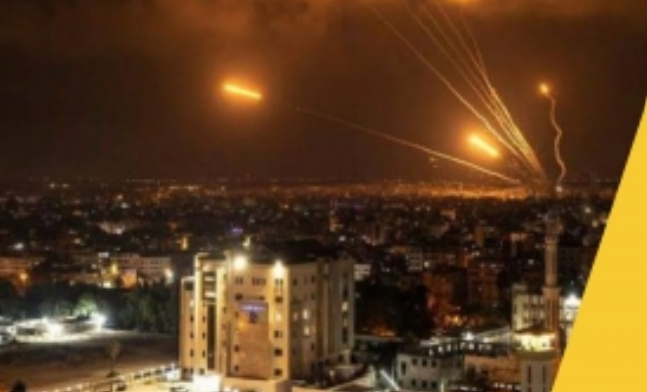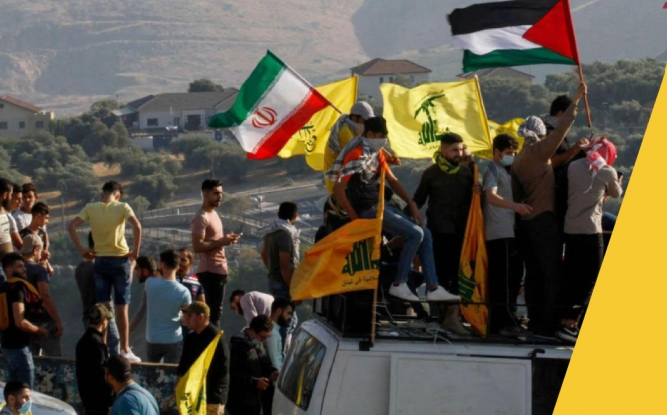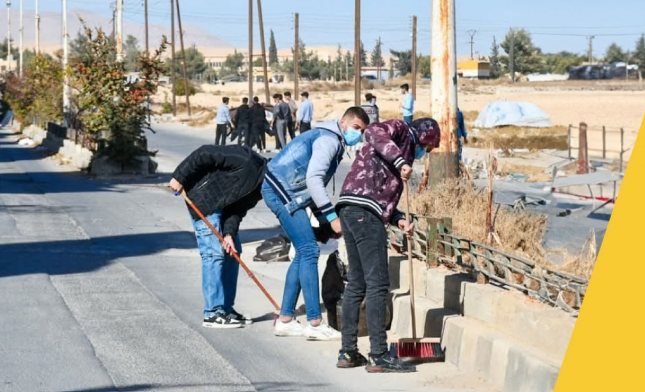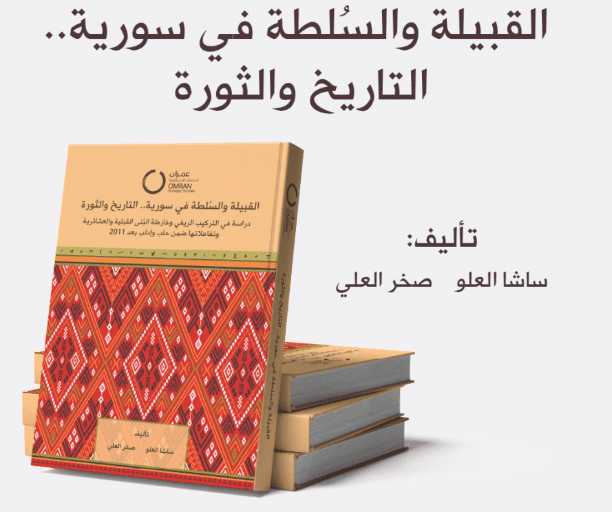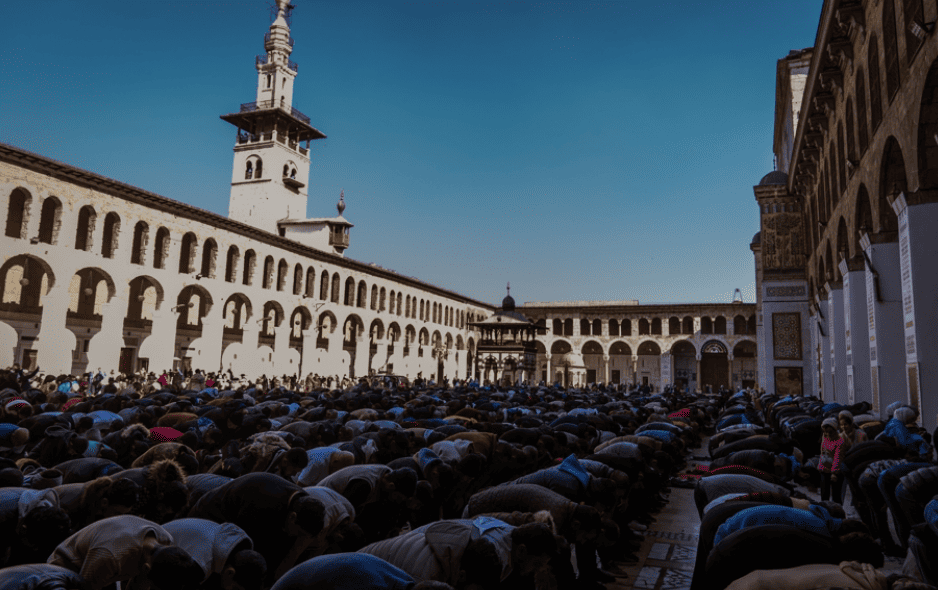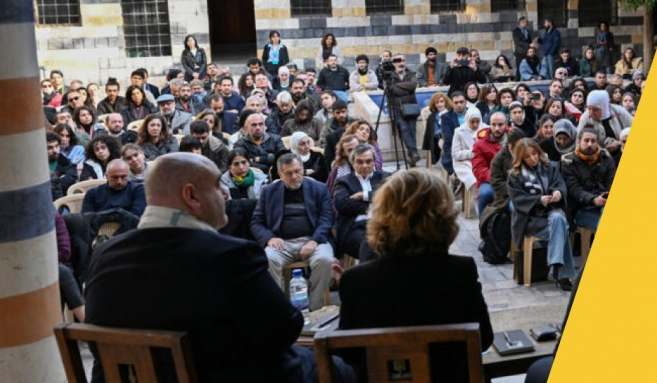Executive Summary
This study attempts to shed light on freedom of the media and the press as an important component of freedom of expression and opinion. It demonstrates its importance, given that it has now become an indisputable, self-evident right, enshrined in all international human rights treaties, conventions, and agreements, most notably the Universal Declaration of Human Rights. These rights are reflected in various forms in the constitutions and national legislation of countries. Many countries consider the right to freedom of the media and the press, and freedom of expression and opinion, to be the cornerstone of democracy and protect them by law. Meanwhile, some countries restrict the exercise of this right based on their perceived national needs, while others believe that enemies of the state, as they put it, have no freedom.
In the first chapter, the study outlines the guarantees that protect freedom of the media and freedom of expression in international and regional treaties and conventions.
In the second chapter, the study delved extensively into the current constitutional and legal system in Syria, demonstrating the extent to which the ruling authority has adhered to the guarantees contained in the international covenants and conventions signed by successive Syrian governments. It also examined how these guarantees are reflected in the constitution, legislation, and legal frameworks, as well as in practice on the ground.
The study concluded that the problem lies not only in the restrictions contained in the legislation and laws regulating freedom of the media and expression, which limit and suppress them, but also in the interference of the executive authority, the widespread security oversight of the media, and the lack of judicial independence.
The study recommended that the exercise of freedom of expression and opinion, as well as the freedom and independence of the media, be specifically, clearly, and explicitly stipulated in the constitution and laws, and that legal provisions and provisions that conflict with international covenants and conventions related to human rights be repealed or amended. Ensuring the impartiality and independence of the judiciary, as it is the body entrusted with enforcing the laws and safeguarding people’s rights and freedoms. Most importantly, the immunities granted to security personnel must be abolished, their freedoms subjected to parliamentary and governmental oversight, and their work restricted to protecting the security of the people and the nation.
Study Questions
What are the guarantees for freedom of the media, expression, and opinion in international and regional charters, treaties, and agreements?
What are the guarantees for freedom of the media, expression, and opinion in the Syrian constitutional and legal system?
What are the legal and non-legal restrictions that limit freedom of the media, expression, and opinion in Syria?
Study Hypotheses
The study assumes that the guarantees for freedom of the media, expression, and opinion in the current Syrian constitutional and legal system are not consistent with what is stipulated in international charters, treaties, and agreements. Therefore, they do not guarantee freedom of the media or freedom of expression and opinion.
The legal restrictions imposed on freedom of the media, expression, and opinion in Syria not only limit them, but also suppress them.
Study Objectives
To define freedom of the media, freedom of expression and opinion, their components, and their development.
To clarify the guarantees of freedom of the media, freedom of expression, and opinion in international and regional treaties and conventions.
To clarify the extent of the Syrian regime’s commitment to the standards stipulated in international treaties and conventions, and the impact of the legislative, legal, and security restrictions imposed by the Syrian regime on freedom of the media, expression, and opinion.
Significance of the Study
The importance of this study stems from the title of the study itself, “Freedom of the Media,” as it constitutes a fundamental and important pillar of “freedom of opinion and expression,” which is considered the most precious and valuable of the rights affirmed and guaranteed by international covenants, charters, and agreements related to human rights. This freedom is reflected in most state constitutions and legislation, as an expression of its importance to individuals and society alike. Freedom of the media, in its various forms—written, audio, and visual—is closely linked to freedom of expression and opinion, as it constitutes an integral part of them.
It was not surprising that the right to freedom of expression and opinion topped the list of rights and freedoms stipulated in international covenants, charters and treaties. A person cannot be an active member of society without providing him with a way to express his opinions, and he will not be able to demand his rights without ensuring freedom of speech and the means that enable him to do so. A person always needs a way or means through which he can know what is happening in the society in which he lives, the dangers surrounding him and learn about the opportunities available to him. This means is represented by the existence of a free media as the means and basic foundation through which he can share with others what he thinks and receive what others think.



